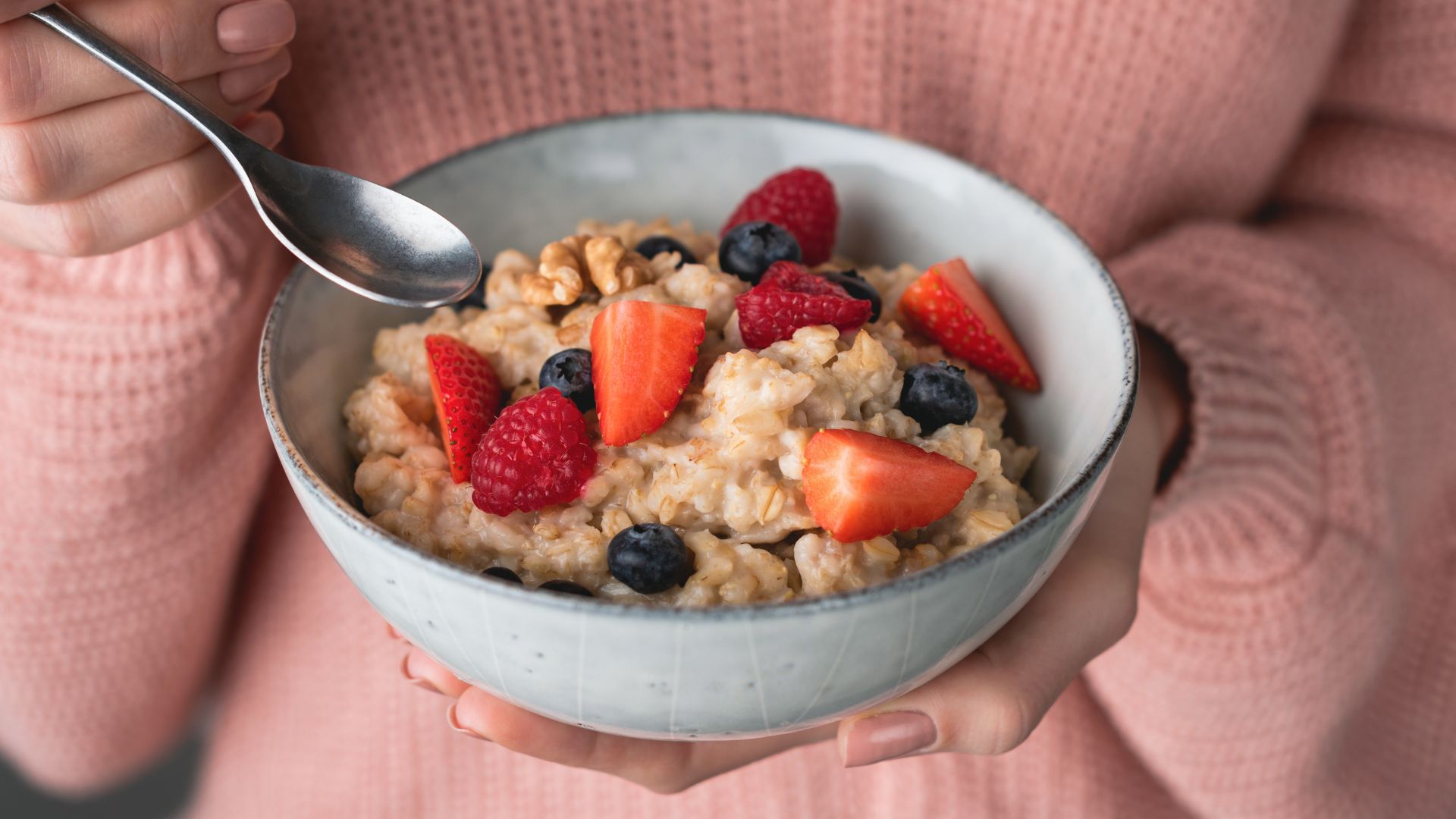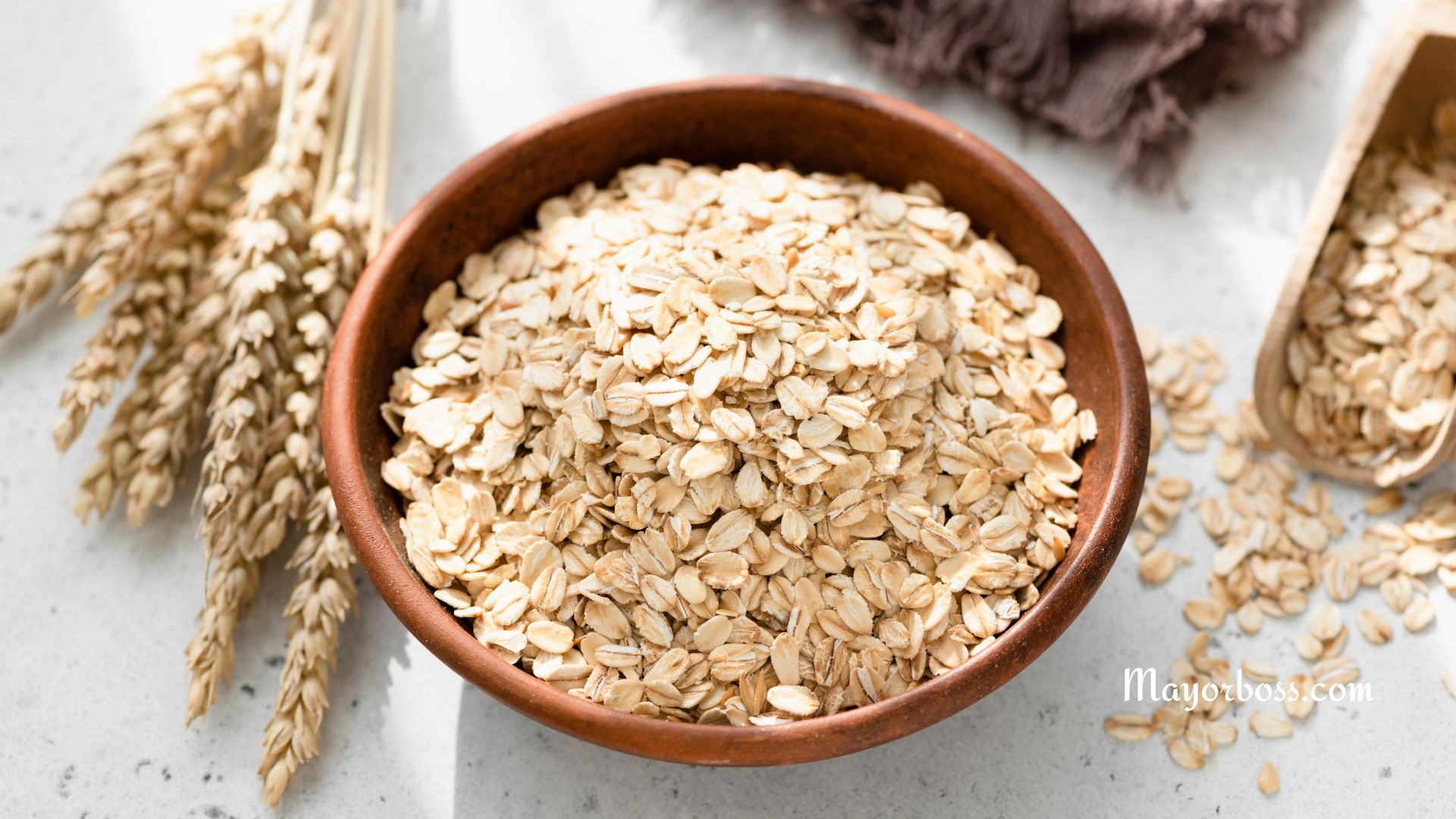5 Foods that Fight Dementia and Alzheimer’s Disease
- Foods that contain antioxidants may help protect against cell damage and inflammation, both of which are associated with Alzheimer’s disease.
- Some research suggests that omega-3 fatty acids found in fish may help reduce the risk of dementia and improve cognitive function.
- Studies have shown that people who eat a Mediterranean diet—rich in fruits, vegetables, whole grains, and healthy fats—have a lower risk of developing dementia.
Dementia is a general term for a decline in mental ability due to disease or injury.
Alzheimer’s disease is the most common cause of dementia, accounting for 60-80% of cases.
Alzheimer’s is a progressive disease, meaning it gets worse over time.
Early symptoms of Alzheimer’s include forgetfulness and difficulty learning new information.
As the disease progresses, people with Alzheimer’s may experience delusions, hallucinations, and difficulty speaking and communicating.
Ultimately, they may lose the ability to recognize loved ones and care for themselves.
How can we fight Alzheimer’s disease?
There is no cure for Alzheimer’s, but there are treatments that can help to manage symptoms and slow the progression of the disease.
Also, eating certain foods that are known to promote brain health may help to prevent or delay the onset of dementia and Alzheimer’s disease.
Here are five evidence-based foods that may fight off dementia and Alzheimer’s disease:
1. Blueberries
Raspberries, blueberries, cherries, and blackberries are not only delicious, but they also offer many health benefits.
These berries are rich in anthocyanin, a flavonoid that has been shown to protect against dementia and Alzheimer’s disease.
Anthocyanin provides antioxidant and anti-inflammatory protection to the brain, which can help to reduce the risk of cognitive decline. (1)
In addition, berries are a good source of fiber and vitamins C and E.
These nutrients are essential for maintaining a healthy brain and body.
2. Leafy green vegetables
Leafy green vegetables are packed with nutrients that are essential for cognitive health.
For example, kale, spinach, Swiss chard, collards, and broccoli are excellent sources of phylloquinone, lutein, and vitamin K.
These nutrients have been shown to protect against age-related cognitive decline, including dementia and Alzheimer’s disease.
Additionally, leafy greens are a rich source of folate, which is necessary for the production of new brain cells.
Finally, beta carotene found in abundance in leafy greens is converted into vitamin A in the body, which is essential for neuronal function.
In sum, there is strong evidence that eating leafy green vegetables can help to keep the brain sharp as we age. (2, 3)
3. Spices
According to Harvard Health Publishing, cinnamon, nutmeg, cardamom, cloves, and ginger may help to fight off dementia and Alzheimer’s disease.
In particular, these spices contain compounds that can help to improve cognitive function and prevent the development of neurodegenerative diseases.
For example, cinnamon contains the compound cinnamaldehyde, which has been shown to protect brain cells from damage.
In addition, ginger contains a compound called 6-gingerol, which can help to delay the onset of Alzheimer’s disease.
Finally, nutmeg contains a compound called myristicin, which has been shown to improve cognitive function.
These spices can be added to many different dishes to enhance flavor and boost brain health. (4)
4. Nuts
Eating nuts may help to protect against dementia and Alzheimer’s disease.
A study found that women who eat at least five servings of nuts per week have significantly improved brain health than those who don’t eat nuts. (5)
Specifically, walnuts, almonds, peanuts, pecans, pistachios, and cashews have all been shown to provide benefits for cognitive function.
For example, walnuts contain high levels of antioxidants and omega-3 fatty acids, which have been linked to improved brain health.
Almonds are a good source of vitamin E, which has been shown to protect the brain from cognitive decline.
Peanuts contain niacin, which is essential for neurological function.
Pecans are a good source of mono- and polyunsaturated fatty acids, which have been linked to improved cognitive function.
Pistachios contain l-theanine, an amino acid that has been shown to promote relaxation and improve mental focus.
Lastly, cashews are a good source of iron, magnesium, vitamin E, and monounsaturated and polyunsaturated fatty acids, all of which can prevent signs of dementia. (6, 7)
5. Fish
Another food that fights dementia and Alzheimer’s disease is fish.
According to studies published by the Alzheimer’s Society, consuming fish twice a week may lower dementia risk by 41% when compared to those who ate fish once a month. (8)
Another study shows that increasing fish consumption may help prevent dementia (9)
Fish, for example, mackerel, tuna, herring, sardines, and salmon, is a good source of omega-3 fatty acids, which are believed to protect against cognitive decline.
These fatty acids play an important role in brain health by reducing inflammation and improving blood flow.
In addition to omega-3 fatty acids, fish is also a good source of vitamins B6 and B12.
These vitamins are important for brain health because they help to keep homocysteine levels in check.
High levels of homocysteine have been linked to an increased risk of dementia.
So, if you’re looking for ways to protect your cognitive function as you age, Incorporating more fish into your diet is a good place to start.
The takeaway
One key nutrient for brain health is omega-3 fatty acids.
This nutrient is found in abundance in fish, nuts, and seeds.
Leafy greens are also a good choice for brain health, as they contain vitamins and antioxidants that can protect brain cells from damage.
Finally, spices such as nutmeg, cloves, cinnamon, and ginger may help to improve cognitive function and prevent the development of neurodegenerative diseases.
While there is no one “magic bullet” for preventing dementia or Alzheimer’s disease, incorporating these brain-healthy foods into your diet is a good place to start.






